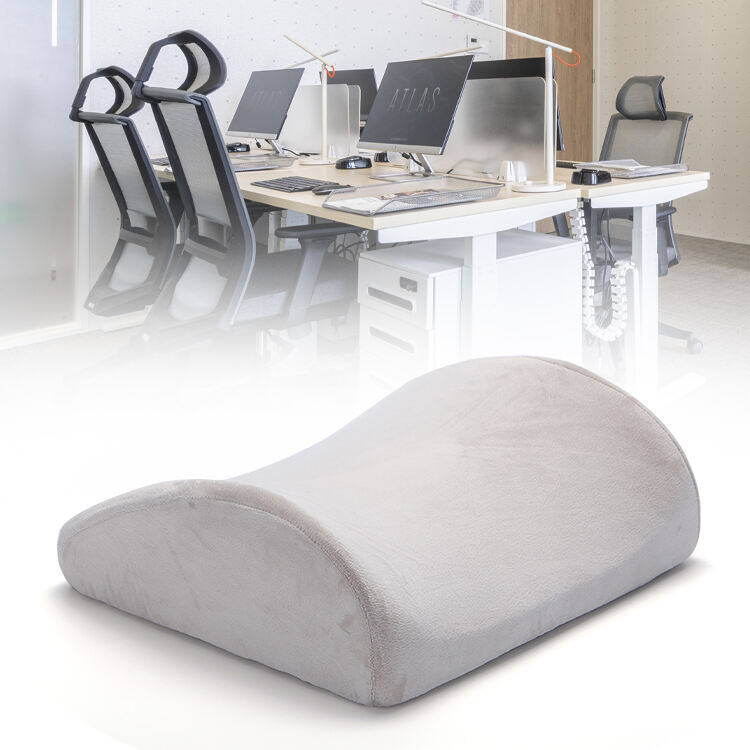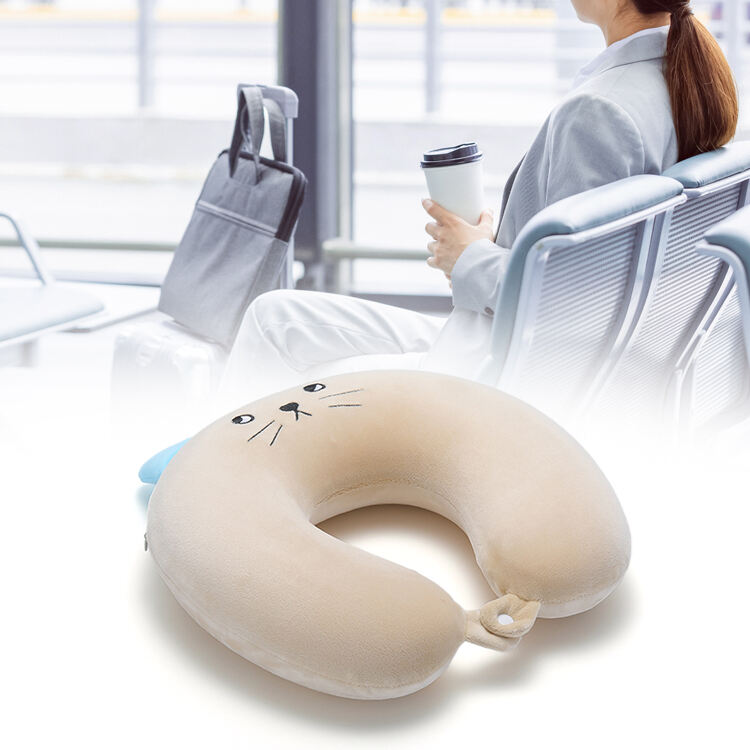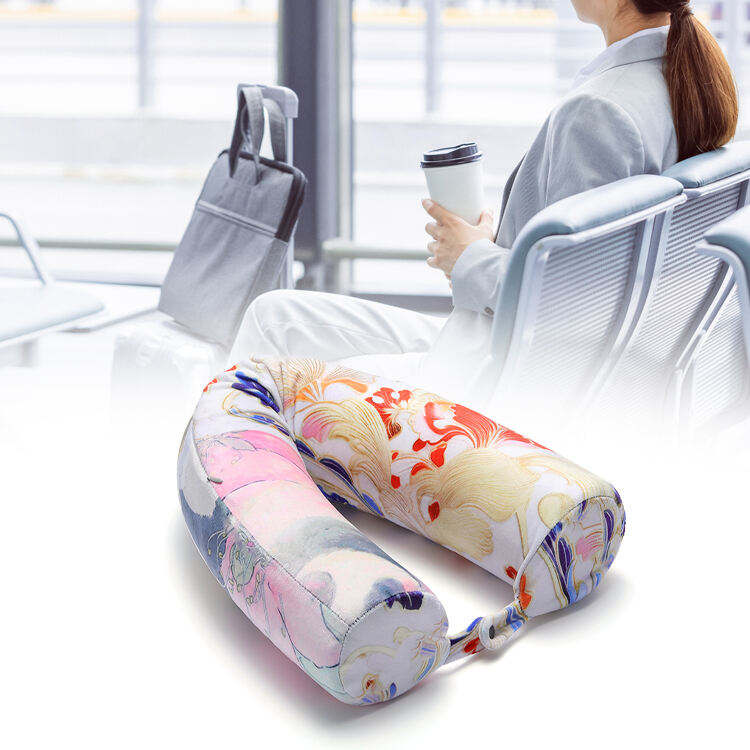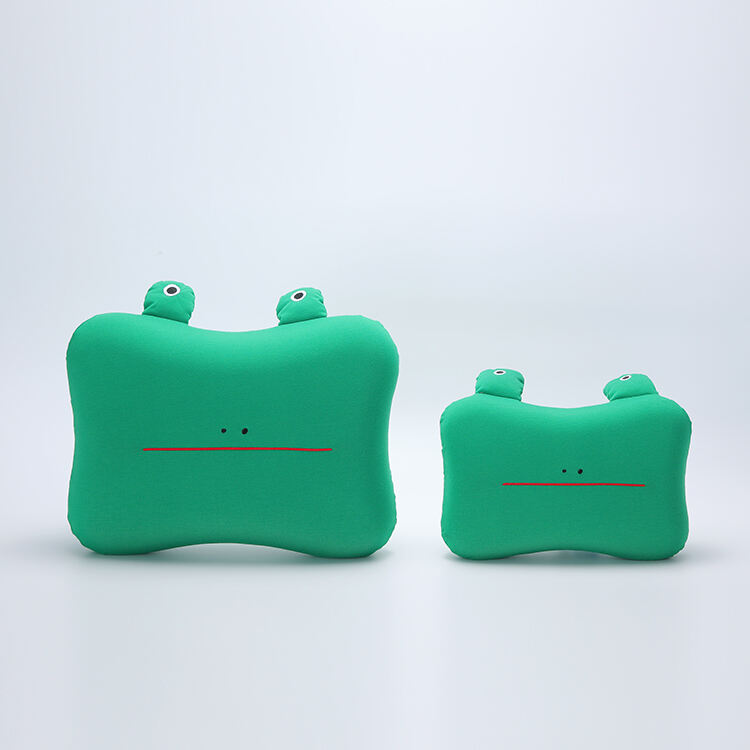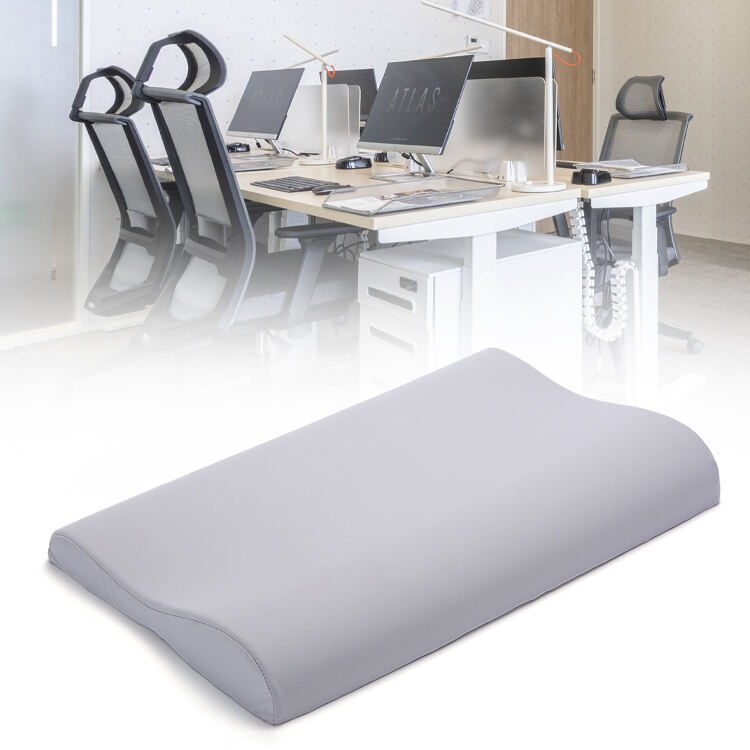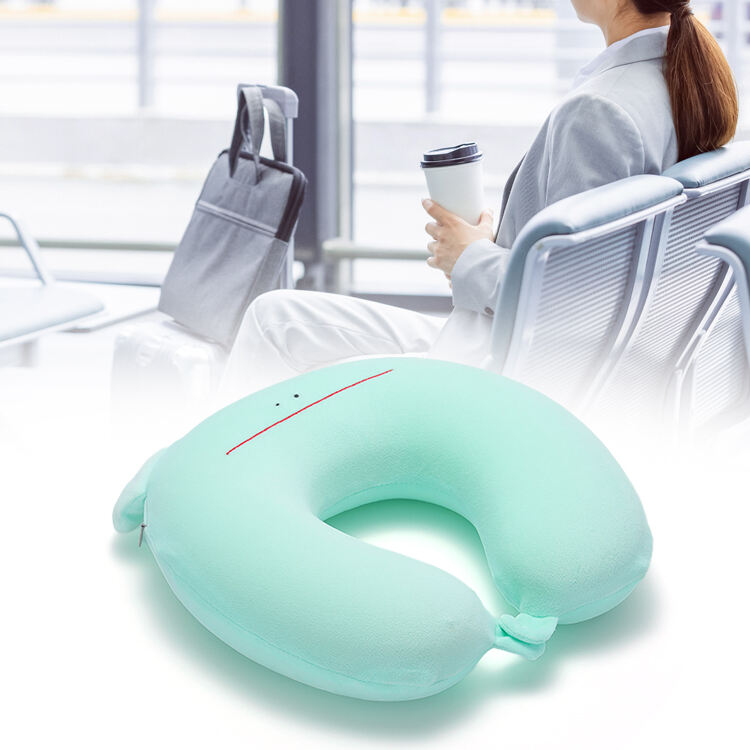Procurement managers working within the hotel and resort industry face an ongoing challenge that could significantly impact guest satisfaction and operational efficiency. Maintaining consistent sleep quality across diverse guest preferences often results in increased returns, complicated storage requirements, and negative reviews from travelers with varying support needs. Traditional pillow solutions may force properties to stock multiple firmness levels, creating inventory complexities that could strain both budget and storage capacity.
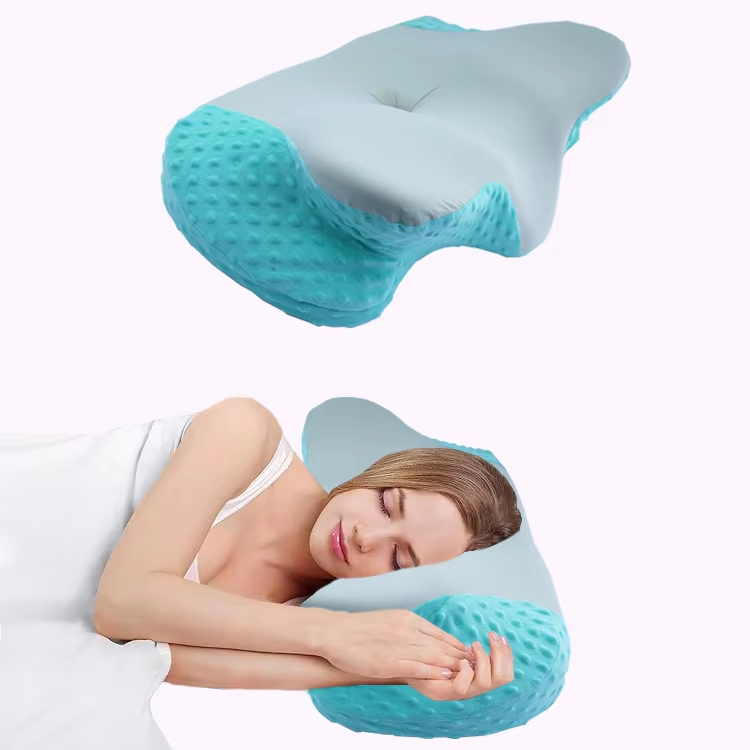
Adaptive foam technology addresses these operational hurdles by potentially offering a single inventory solution that could cater to back, side, and stomach sleepers simultaneously. Properties that have transitioned to customizable bedding options frequently report reductions in guest complaints about sleep comfort, with some businesses documenting decreases of approximately thirty-eight percent in sleep-related concerns. This improvement might translate directly into enhanced guest satisfaction scores and improved online reviews that could influence future booking decisions.
The retail landscape presents unique opportunities for buyers who may be seeking differentiated sleep products that could command premium pricing while reducing inventory complexity. Unlike standard pillows that typically require customers to choose between firmness levels without the ability to test comfort in advance, adjustable bedding solutions allow end consumers to personalize their comfort through removable foam layers. This customization capability might represent a significant competitive advantage in markets where consumer choice drives purchasing decisions.
Retailers may find that this unique selling proposition enables them to streamline inventory while offering premium pricing options that could improve profit margins. The <a href="https://www.welldo-pillows.com/product-back-stomach-and-side-sleeper-memory-foam-viscoelastic-foam-pillow-adjustable-green-pillow-queen-size-bed-pillows-for-sleeping">adjustable memory foam pillow with viscoelastic properties</a> demonstrates particular success in therapeutic sleep markets, where repeat purchase rates may exceed industry averages by significant margins. This performance advantage could provide retailers with the customer loyalty that drives long-term profitability.
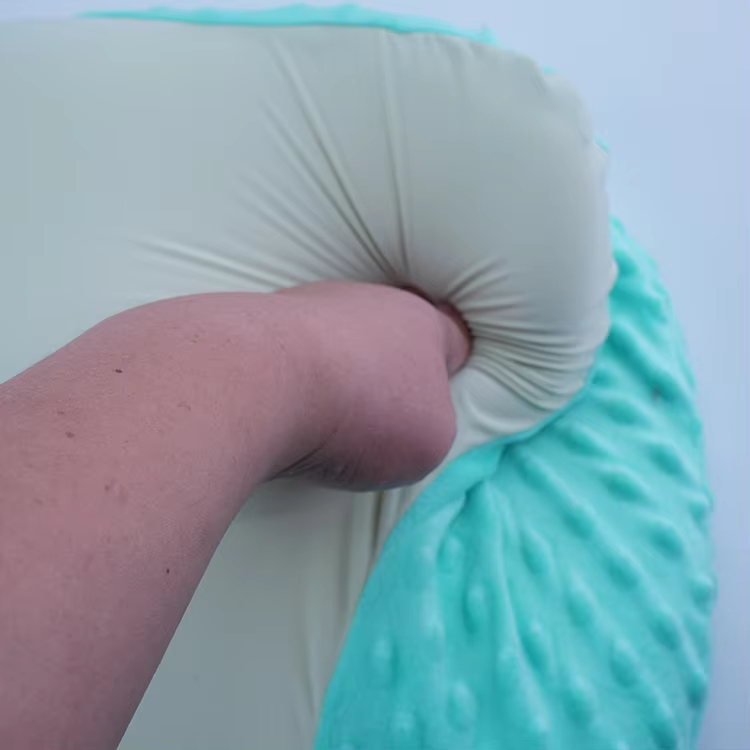
Healthcare environments present procurement challenges that extend beyond typical commercial considerations, requiring bedding solutions that could support patient recovery while meeting strict clinical standards. Medical equipment purchasers and long-term care facility managers may need products that provide clinically-proven support while adapting to various therapeutic sleeping positions that patients might require during recovery processes.
Adjustable foam technology might meet these stringent healthcare specifications by offering support that could minimize pressure points while maintaining proper spinal alignment across different medical conditions. Facilities that utilize customizable pillow systems often report improved patient comfort metrics alongside reduced staff time spent adjusting traditional bedding solutions. The moisture-resistant construction and hypoallergenic properties could further enhance infection control protocols in clinical environments where patient safety remains the primary concern.
Distribution challenges continue to pressure wholesale buyers and warehouse managers who may need to optimize storage efficiency without compromising product variety. Adjustable pillow designs could dramatically reduce required warehouse space by eliminating the need to stock multiple firmness variants that traditional bedding solutions require. This consolidation might provide significant operational advantages for businesses managing complex inventory systems.
The compressed packaging capabilities inherent in premium memory foam products may allow approximately forty percent more units per pallet compared to traditional pillow materials. This efficiency could translate to measurable savings in both transportation and storage costs, particularly valuable for e-commerce suppliers managing direct-to-consumer fulfillment models where shipping costs directly impact profitability. The logistical advantages might prove especially beneficial for businesses operating in multiple geographic markets where transportation costs could significantly impact margins.
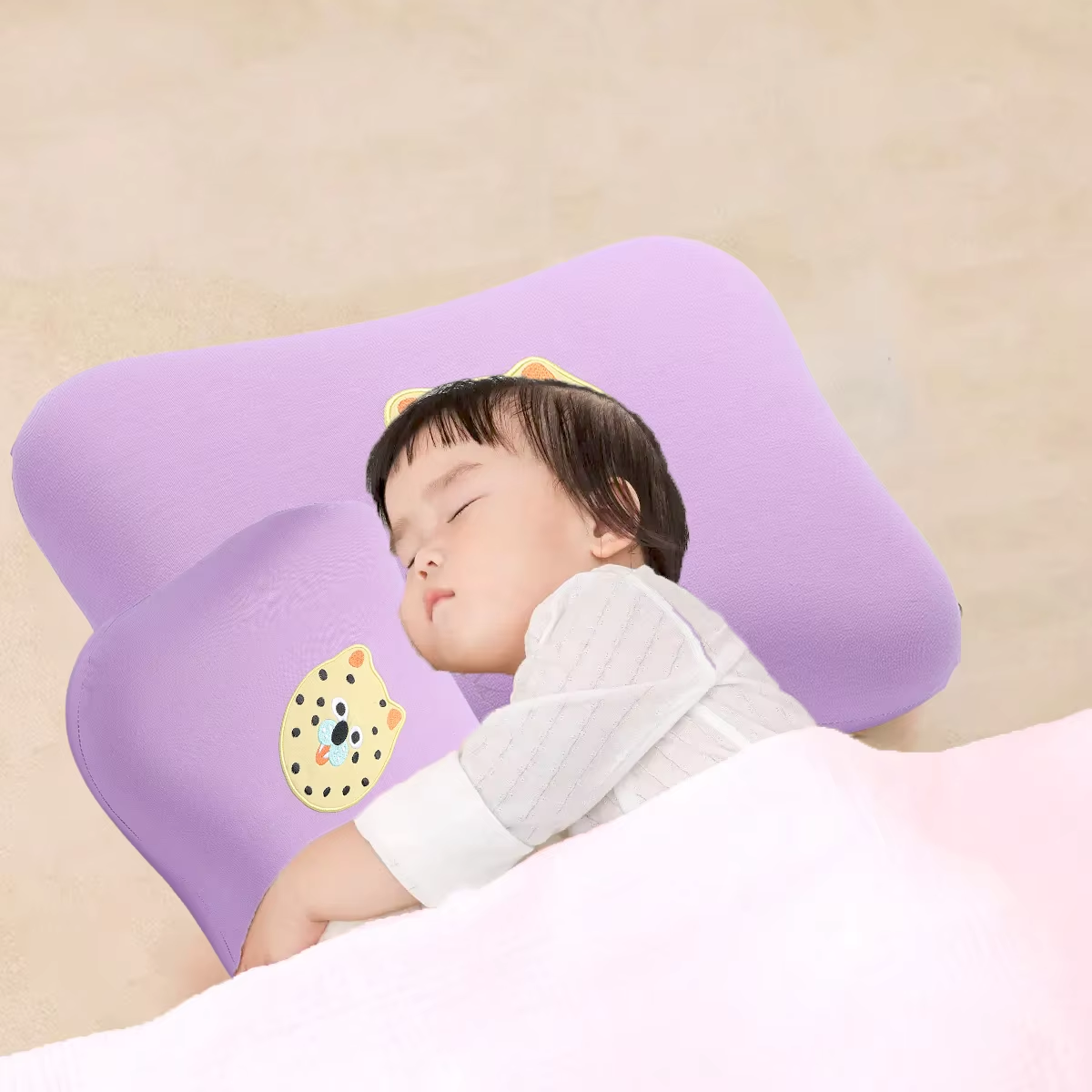
Market trends suggest that consumer demand for personalized sleep solutions may continue growing across all market segments, potentially creating opportunities for procurement specialists who recognize this evolution early. By adopting adjustable foam pillow technology, bulk buyers might position themselves ahead of competitors who continue offering traditional one-size-fits-all options that may become increasingly obsolete as consumer expectations evolve.
The inherent durability characteristics of high-density memory foam could ensure longer product lifespans compared to traditional fill materials, potentially reducing replacement costs while minimizing waste in commercial settings. Early adopters in corporate wellness sectors have leveraged these products to enhance employee retention programs and workplace satisfaction initiatives, demonstrating that strategic procurement decisions could support broader organizational goals beyond immediate cost considerations. This forward-thinking approach might provide competitive advantages that extend well beyond the immediate benefits of improved sleep quality.
